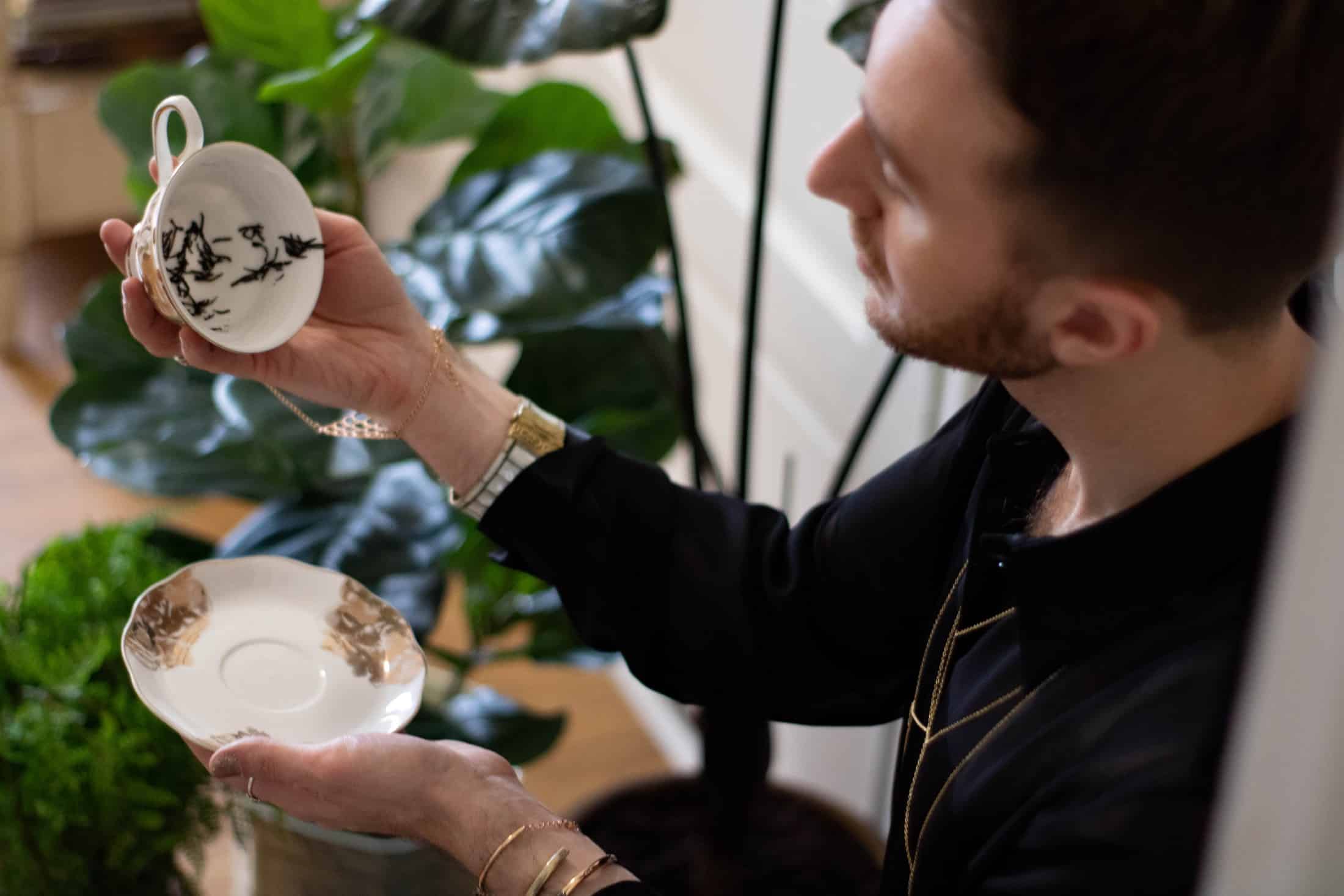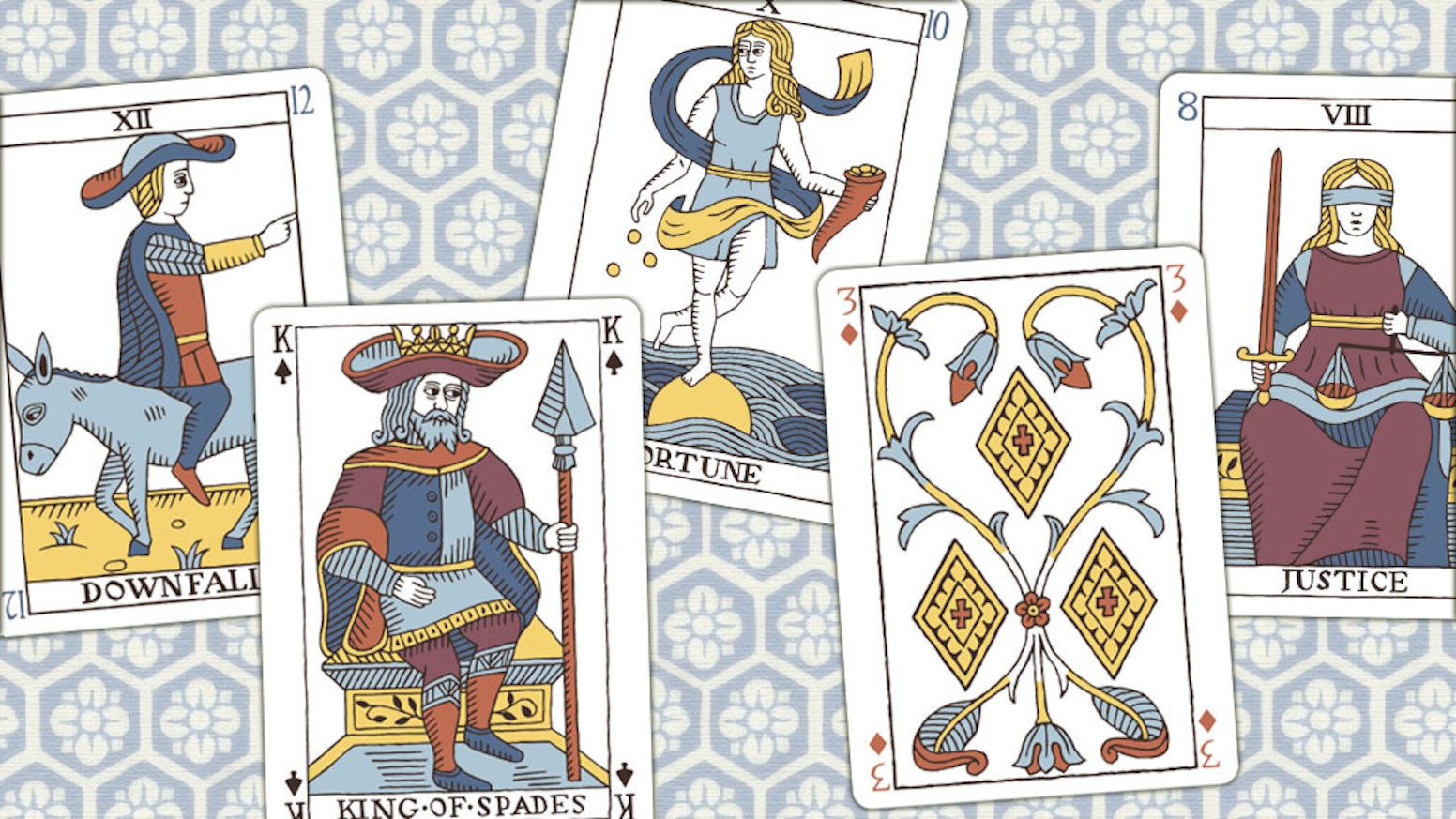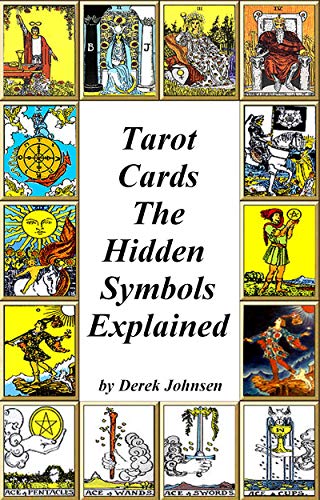
Jessica Dore is a Philadelphia-based tarot and yoga reader. Apart from tarot she is also a practicing ashtanga and a teacher of Tarot. She conducts one-on-1 tarot card session over video. Her Twitter account is a huge success. Many times, her tweets are accompanied by a photo of a card.
Jessica Dore works as a Tarot reader
Jessica Dore is an expert Tarot reader. She combines traditional philosophy with modern psychological modalities. In her book, Tarot for Change, she explores the human condition, psychology, and late capitalism. She also provides a roadmap for her future work. Dore's website and Twitter account provide more information about her and her work.
She believes that the tarot assists people in imagining a better world. It can also help them to reclaim their imagination from doubt and rationalism. Her focus is on a world that doesn't have "black and/or white", and in which seemingly opposing views are actually the same. This ideal is similar to that of Indigenous worldviews, which have a strong connection to tarot.

She combines tarot readings with therapy
Jessica Dore, 34 years old, mixes tarot with her work as both a writer and social worker. Tarot is a great tool to self-reflection. It helps people identify and let go of stuck emotions. In addition, she adds a layer of therapy to her readings.
Dore spent her time as a professional publicist in a publishing firm that was focused on psychology, spirituality and health before becoming a therapist. She was introduced to tarot by a co-worker, and began to learn about them. Rachel Pollack's book on tarot was her guide. She also wrote a journal about her experiences. She conducts tarot card sessions one-on-one over video.
She teaches ashtanga yoga
Jessica Dore began her yoga practice in 2006, and she started teaching in 2010. Even though she was initially just practicing yoga for her physical health and became interested in the wisdom behind the practice, she found herself captivated by it. This fascination led her to seek out more information about the ancient practice. She traveled to India twice, where she studied meditation with Professor Om Baweja and immersed herself in the asana practice.
Dore is a licensed social workers and a tarot reader. In her newsletter and on her social media pages, she explains the mystical and psychological meaning of tarot cards. She hopes that these insights will aid people through difficult transitions in their lives.

She practices the tarot
Jessica Dore uses the tarot for her thoughts. She also uses the cards to practice self-care. She speaks about her daily routines of bread baking and tarot. This is a great way to let your imagination run wild and explore your emotions.
The tarot can be divided into major and minor arcana. It consists of cards that are related to both individual and interrelated items. On the other side, the major cards are for spiritual questions. Tarot allows you to tap into the creative part of your being and helps you overcome your fears and limitations.
FAQ
What's a hobby for children?
Any activity that kids enjoy as a hobby is something they do outside of the normal routine. Kids might enjoy drawing pictures, making things, painting, writing, crafting, and other activities.
Many parents are concerned that their children may get into trouble if allowed to do as they please. But this isn't always true. They won't get into trouble if your child is safe and does not cause harm to others or themselves.
It is important to keep in mind that just because someone likes something, doesn't mean they will choose it every time. If they dislike writing but enjoy drawing pictures, they might opt to draw pictures.
There are lots of different types of hobbies out there, so it's really up to you to pick one that you enjoy most.
Why do we have hobbies?
Hobbies are an integral part of our daily lives. They allow us to relax, unwind and think creatively. We also have the chance to learn new skills and pursue lifelong passions.
Hobbies can help us find meaning and purpose.
They are great for spending your free time when there's not much else.
They're even fun!
If you don’t make time for a hobby then it’s probably not worth your time.
Consider all of the possibilities available to your. If you don't have a hobby yet, then maybe you should start one today!
What are your competitive hobbies?
There are many competitive sports, including running, swimming and cycling, as well as golfing, tennis and other activities.
They're usually played by people who enjoy physical activity but also provide an opportunity for social interaction.
You will probably find people around you who have the same hobby as you, if you are into physical activity.
This could mean joining a club, or group that meets regularly to do sports together.
Participating in group games, which involve playing alongside others, is another option.
These include cricket, football, netball, hockey, netball, soccer, rugby, cricket, rugby, batsball, hockey, volleyball, badminton squash, handball and table tennis.
There are many types competition.
Some competitions can be used for only recreational purposes.
Others are meant to test competitors' skills.
Other rewards are available to recognize exceptional performance.
These cases result in prizes for the winners.
Other competitions aim to assess the strength and endurance of competitors.
These are known endurance events.
For example, marathon races, triathlons, Ironman Triathlon, etc.
Athletes often train hard before competing in these events.
To prepare them mentally and physically, they will be following a strict training regimen.
They might need to travel some distance during preparation.
It is important to remember, not all athletes will compete in every type and event.
What are observation hobbies?
Observation hobbies are activities where you observe people doing what they do. They might include watching sports, reading books, going on holiday, etc. You could also observe other people.
It's great to have observation hobbies because it helps you think creatively. You can use this knowledge later when you're working on projects for yourself or others.
It will be easier to learn about something if you are interested in it.
For instance, if football is something you are interested to know about, you can watch the game or read a book. To learn more about photography, it is possible to visit and take photos.
If you like to play music, you can either learn the songs online or get a guitar.
You can cook your own meals, or you could go to a restaurant.
You could also grow flowers or vegetables if you enjoy gardening.
If you are a fan of dancing, you can join a class or go out with your friends to learn.
If you love painting, you can paint pictures.
You could also write poems or stories if you enjoy writing.
Drawing pictures is a great hobby.
If you have a passion for animals, you might be able to look after them or work in a zoo.
If you like science, you could study biology, chemistry, physics or maths.
You can read books, listen to podcasts, or watch films if history interests you.
If you enjoy traveling, you can travel around the world or just explore your own area.
How do I find a hobby that interests me?
You may feel overwhelmed when you start your quest to find a hobby.
You're probably thinking, "I'm not very artistic," or "I'm terrible at sports," or maybe even "I don't know anything."
The truth is that you likely already have a lot experience in your chosen hobby.
It's simply that you haven’t yet realized it.
Have a look at your home. What amount of stuff do you have?
Do you have any old toys lying around that could be used?
Maybe you have a collection of books or magazines.
Perhaps cooking has been something you've wanted to do all your life.
Perhaps you just want to pick up the guitar again.
Whatever it is, there's likely something you can turn into a hobby.
The key is to realize that you already have plenty of experiences to draw upon.
And once you do, you'll be able to pick out a hobby that fits right into your lifestyle.
Statistics
- I am 100% biologically a woman (discover.hubpages.com)
- 37% Video Games 36% Travel 36% Health and Fitness (quizexpo.com)
- A new survey by Pew Research Center of teens ages 13 to 17 finds that 36% of girls feel tense or nervous about their day every day; 23% of boys say the same. (pewresearch.org)
- Much of this decline reflects the fact that teens are less likely to work today than in the past; among employed teens, the amount of time spent working is not much different now than it was around 2005. (pewresearch.org)
- Studies show that just six minutes of reading can reduce stress levels by 60 percent. (oberlo.com)
External Links
How To
How to Learn a Musical Instrument
There are many ways you can learn to play music. You could attend a school, read a book, get lessons from someone who plays a musical instrument, or look at videos online. Here are some tips and techniques to help you learn if your goal is to create your own learning path.
-
Find something that interests your interest. If you don't like any of the instruments you see around, then you should try another one. It would be hard to get into playing an instrument if you don't enjoy doing it.
-
Be patient. Learning anything new takes some time. Don't expect to master everything right away. Instead, you should continue practicing every day.
-
Regular practice is important. Do this even when you feel tired. This will ensure that your memory doesn't fade.
-
Pick a place where you can practice. A quiet room where you won't disturb anyone else is ideal. Be sure to not distract others. Also, don't let loud music play near your home.
-
Have fun. Music should be enjoyed. Have fun with your practice. You'll be more motivated to practice if you enjoy yourself.
-
Set goals. Set goals. You'll know exactly what you must achieve. Failure is not an option.
-
Keep track and keep track of your progress. Write down all of your accomplishments and failures. Doing so will help you improve over time.
-
Take breaks. Sometimes it is enough to just stop and think. You will be able to take breaks and think about the things you are doing.
-
Ask questions. Ask for help if you are unsure or have questions about certain aspects of the instrument. They might be able to assist you.
-
Listening is the best way of learning. Many musicians love to listen to and imitate songs. This helps musicians understand the fundamental concepts of the song.
-
Read books. Reading books will teach you more than watching videos or taking classes. Books contain information you will not find anywhere else.
-
Get involved in a band. Playing with others will force you to practice more. Plus, you will find people with similar interests to you.
-
You can watch tutorials. Tutorials are videos that provide detailed explanations of various topics. These videos often focus on one aspect or part of the instrument. Watching tutorials can help you understand difficult parts of the instrument.
-
Try different methods. Some prefer to learn by listening, while others prefer reading. You can experiment until you discover what works for you.
-
Practice makes perfect. There is no way to be an expert overnight. Instead, it takes time and effort to become proficient enough for you to succeed.
-
You can learn from other musicians. Listening and learning from others can help you to learn faster.